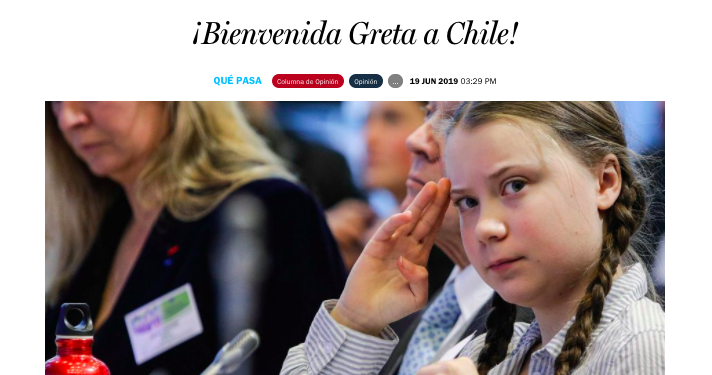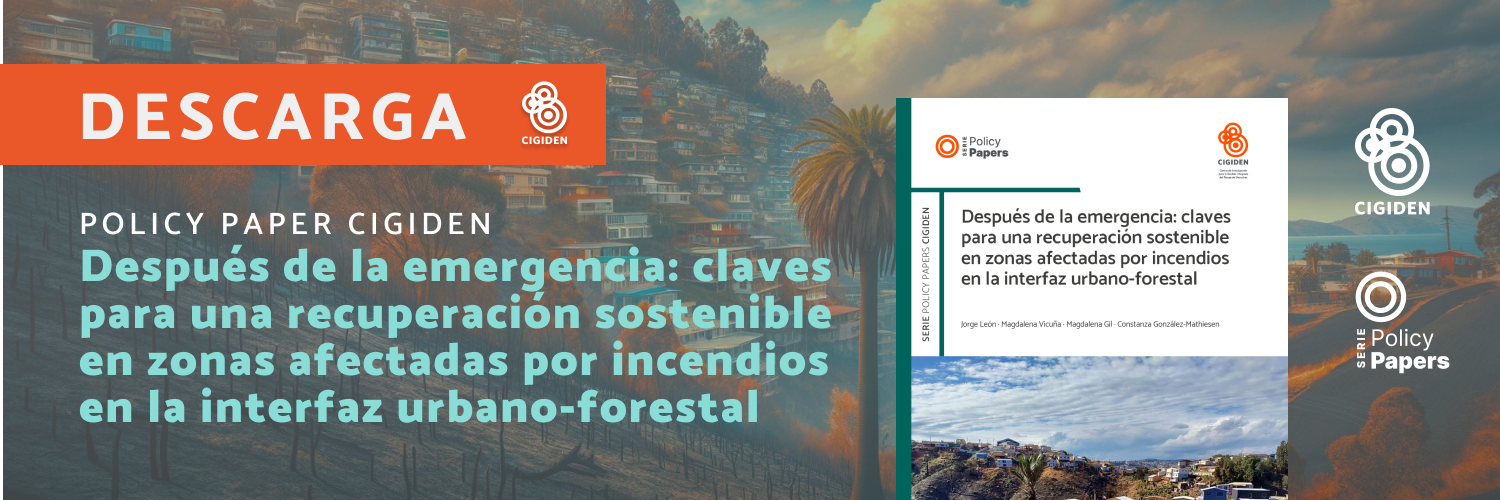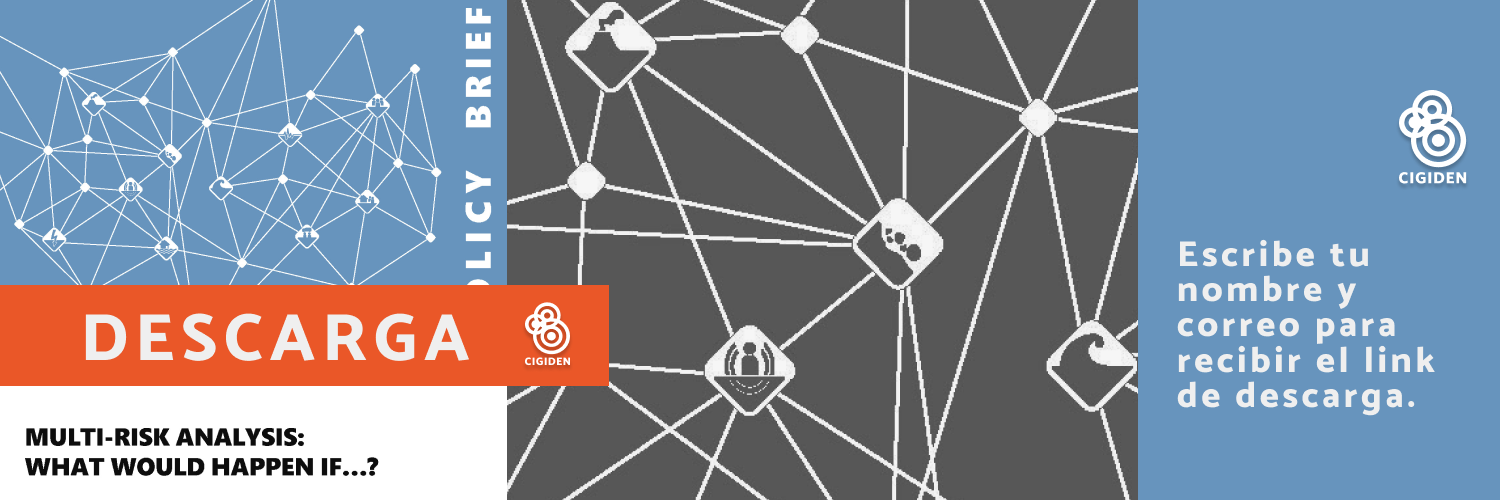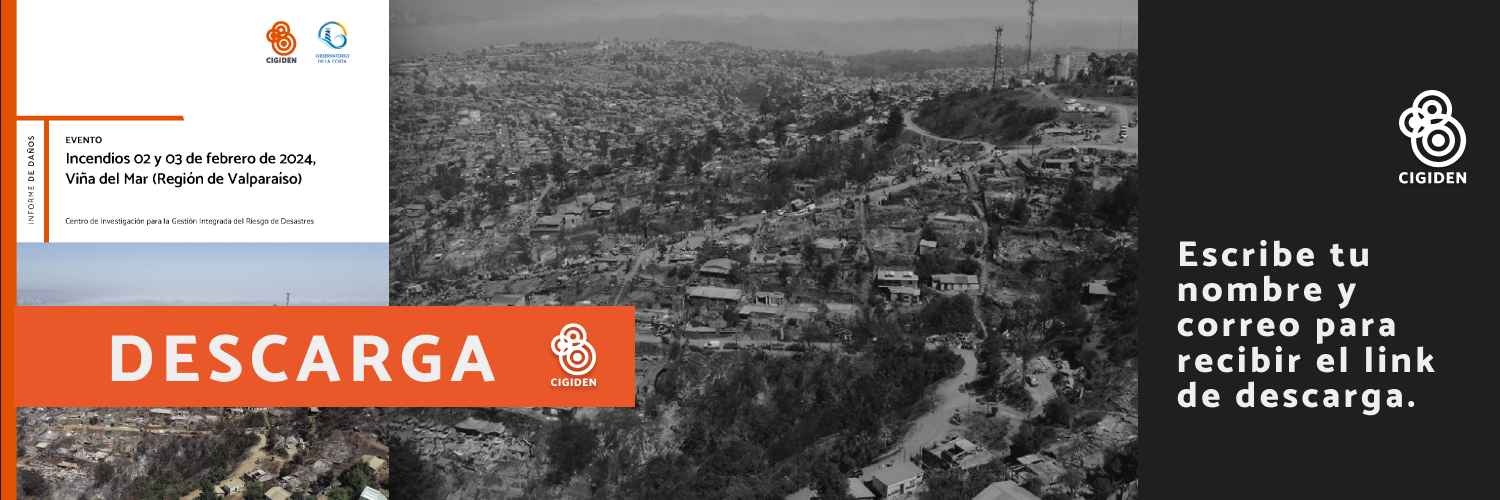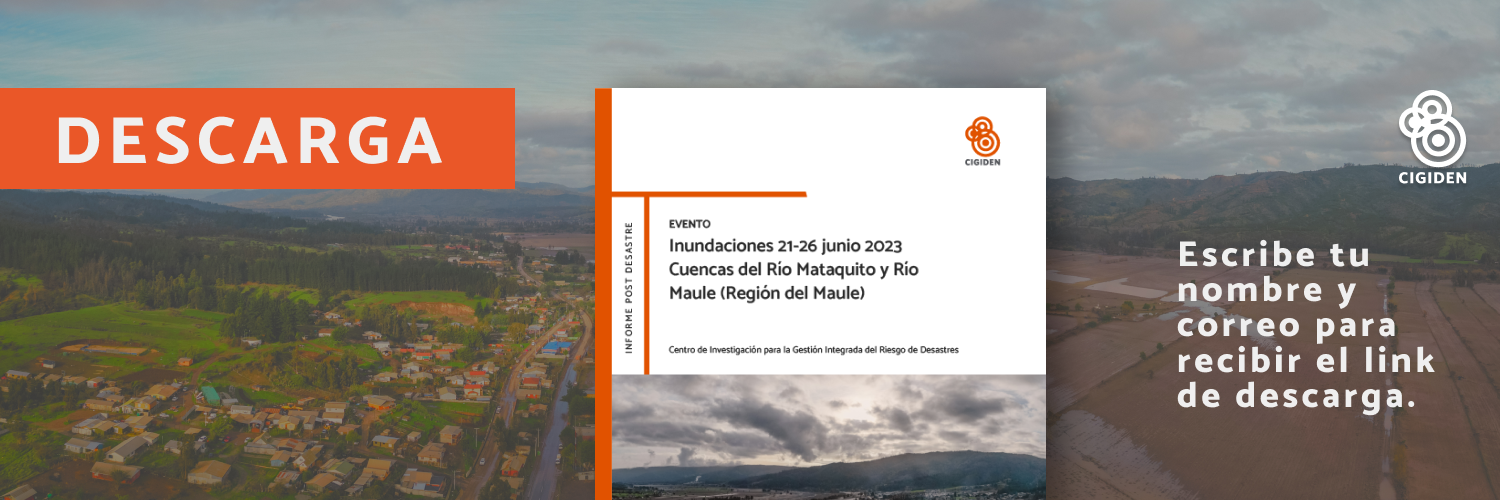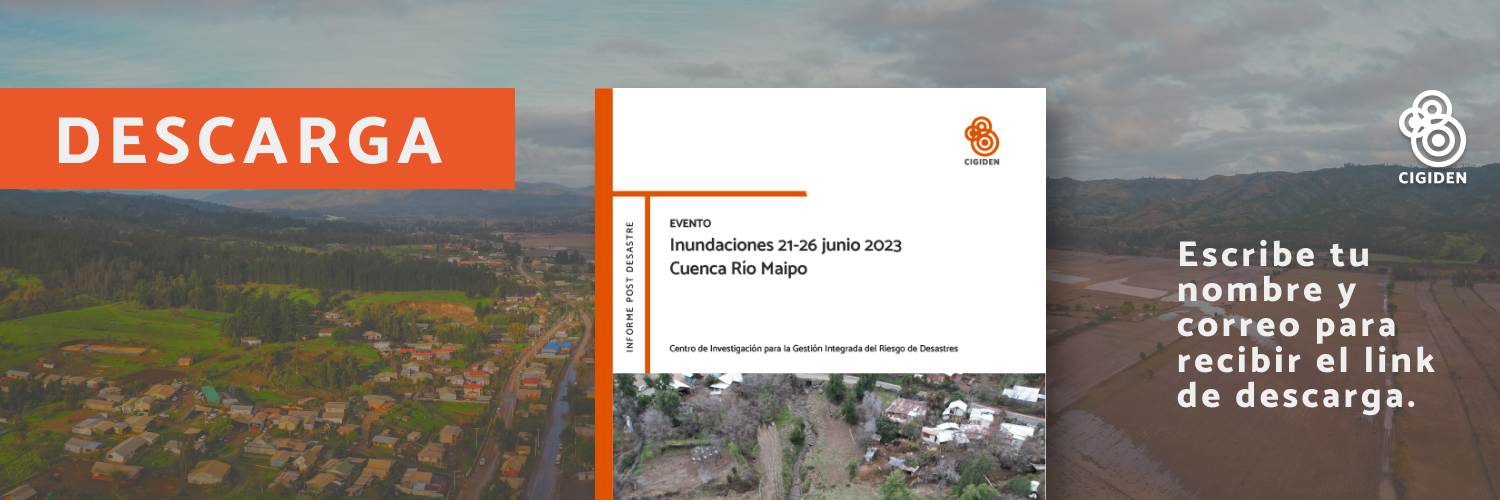By Gonzalo Bacigalupe
The visit of Swedish student and environmentalist Greta Thunberg, after a long journey by ship to Chile, is a huge opportunity for us to make known the beauty of our immense ocean and territory; and, inevitably, to reveal our indifference in addressing climate change and the environmental problems that the country has struggled with for decades. It is a perfect moment to show the environmental injustice in many of our territories, especially in those ports and costal coastal cities known as “sacrifices zones”, where there is no environmental justice.
Passenger ships are not allowed to land at Ventanas port, but when heading to Cerrillos to attend the COP25, Greta might visit the Bay of Quintero – Puchuncaví, talk to the people there and breathe the air therein. She will also witness the destruction of the coastal edge in Reñaca and Papudo, where dunes –perhaps one of the most emblematic territories- are invaded by our frantic habit of building near places exposed to tsunamis and tidal waves.
On its way to Santiago, the delegation should definitely stop by Cachagua and Zapallar -where politicians and businessmen could open their summer cottages- and witness how former artisanal fishermen have become gardeners, taking care of their grass watered with drinking water. In Greta’s words “our civilization is being sacrificed for a very small group of people to be able to continue earning huge amounts of money”.
On her way to the capital city, on the north route, an environmental educator might tell her how the Central Valley –formerly Mediterranean- became a semi-arid territory. Perhaps she should also stop by some of the most environmentally polluted districts of the metropolitan area, which are also the home of the region’s most vulnerable populations.
This journey will give Greta Thunberg the elements to provide a more detailed description of how extractive natural resource models and social inequality are the core of the climate crisis. These stories -some of privilege, others of sacrifice- will allow the international community to understand the climate crisis from the perspective of how we relate ourselves to the gifts of nature, and how people relate to each other. The paradox in the rebuilding of our planet starts by rebuilding the way we relate to each other. Neither nature nor people are mere resources.
Chile is the perfect lab to make visible the consequences of development based on mineral extraction, monoculture plantations, dirty energy present for decades and hydroelectric power plants that break the soul of indigenous cultures. This, in addition to the destruction of sustainable fishing and the wealth of the sea bed to the benefit of large transnational fishing companies. And these are only a few examples.
Chile would allow the world to look beyond limited political speeches, academic theories that make no one uncomfortable and research that is finally forgotten in files nobody examines. The Swedish activist can help us get acquainted with the claims that the social, environmental, indigenous and affected movements – both here and around the globe- have brought over the last decades.
Viewing Chile as an environmental disaster seems suicidal. Nonetheless, the climate crisis presents us with tasks that should make us all uncomfortable. If the COP25 were to take into account and include this uncomfortableness, it would not be reminded for a number of catalogues and reports, pseudo seminars, new pages in experts’ resumes or a beautiful documentary with perfect aerial shots, but for admitting that climate crisis is taking place today, as we speak, and for having searched for solutions that should be over political and economic interests.
In order to be meaningful, the COP25 must include the reality that Thunberg will clearly witness in a few hours after arriving to our country. Her journey would lead us to “re-think”, with complete honesty, dignity and care, the need to abandon a way of life that is destroying people, cultures, the environment and also beauty itself, which Greta will be able to witness during her inter-oceanic journey to Chile.
When they came to our distant and insular territory, Charles Darwin and Alexander Humboldt changed the way we think about nature and science. In her journey through the coastal and central areas of our beautiful country, Greta Thunberg can inspire a new story about a planet we are not taking care of. A territory where the most vulnerable ones -animals, plants, individuals and communities- are annihilated and defeated in pursuit of an unsustainable development. This courageous young lady –along with a Chile that welcomes here- can become the voice of the environmental injustice we surreptitiously hide. With this visit, Chile -an economic example of the disastrous neoliberal development, in the words of Naomi Klein- has the possibility of becoming an icon.
Greta reminds us that “we live in a strange world, where children must sacrifice their own education in order to protest against the destruction of their future”. She urges us to stop -not for just one but for many days- and demand substantial changes in Chile, and also to take responsibility for the planet’s climate crisis.
¡Welcome to Chile Greta!
Click here to read the piece published in La Tercera


